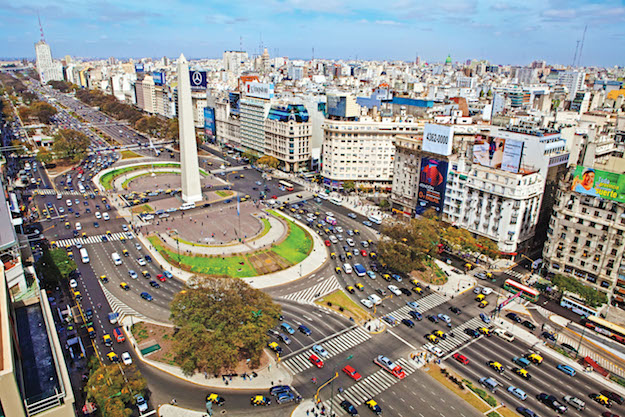This article features commentary on AQ’s Top 5 Urban Visionaries: Horacio Rodríguez Larreta, and appears in our recent print issue on how to make Latin American cities better places to live and work.
Cities drive growth in Latin America, where the share of people living in urban areas grew from 41 to 80 percent between 1950 and 2015. In fact, about three-quarters of the region’s GDP was produced in cities in 2010. Ensuring that cities expand in an efficient and regulated manner will be key to translating urbanization into inclusive economic growth. In the coming years, for example, many new urbanites will settle in slums that lack power, water, sewage and transport infrastructure. Job scarcity in such areas already pushes millions of workers into the informal job market. In some Colombian cities, for example, around 50 percent of workers hold informal jobs. Lack of job security deters slum dwellers from investing in housing, using the banking system, or buying insurance. Slum dwellers use unregulated transport services linked with higher pollution and a higher rate of accidents because they don’t have access to public transport. In Bogotá, those living in poor neighborhoods spend twice as much time commuting by motorized forms of transport as those living in wealthier areas. Building transport infrastructure to connect millions of slum dwellers to urban centers could fuel economic growth in the region.
—
Goytia is head of the MSc in Urban Economics at Torcuato di Tella University in Buenos Aires, where she chairs the Urban Policies and Housing Research Center




